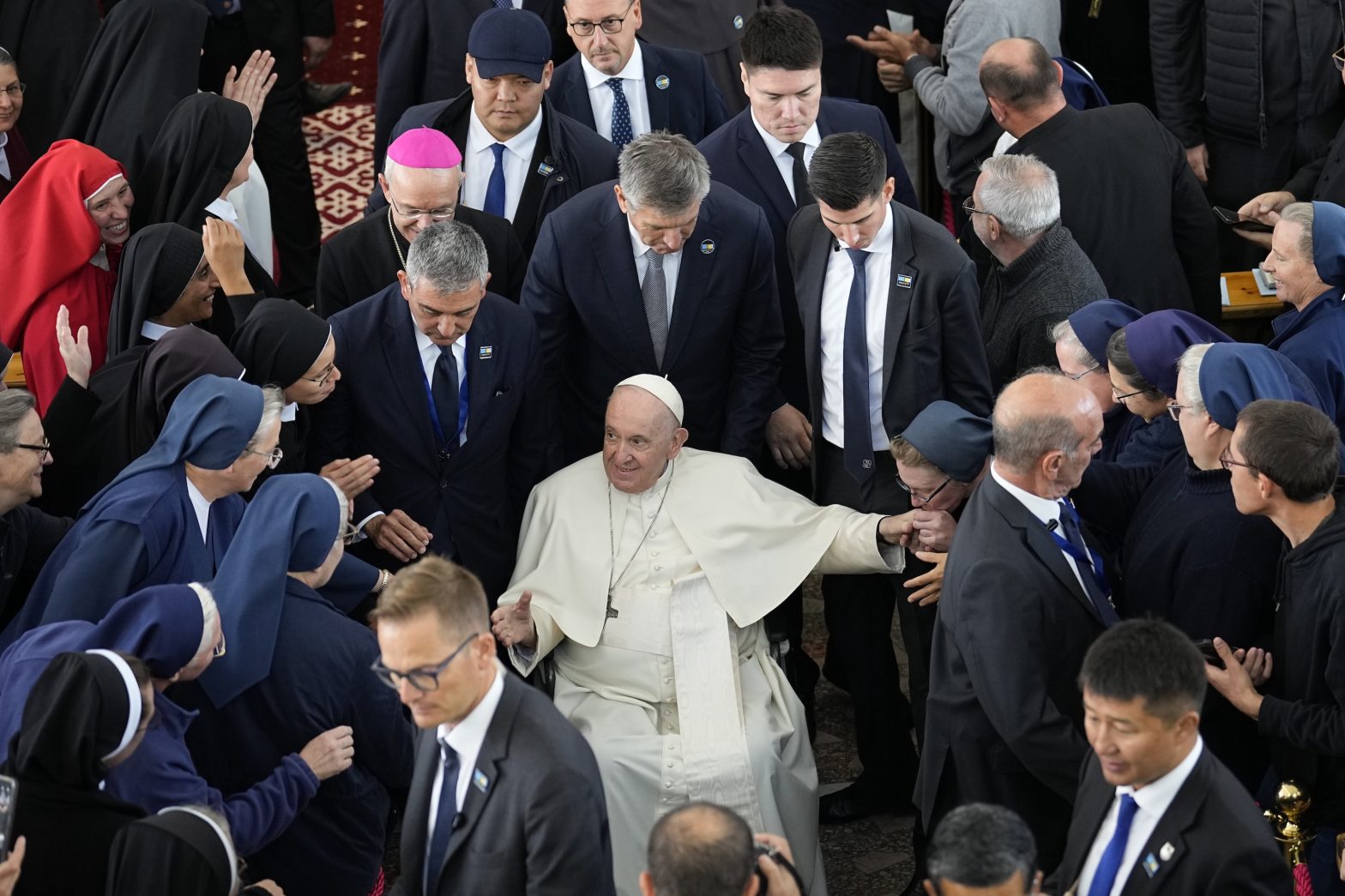Creating Space for Faith Storytelling
COMMENTARY

Einstein once commented, “no problem can be solved from the same level of consciousness that created it.” Consciousness is to be awake, not woke but aware. Aware of ourselves. Aware of our neighbors. Aware of our foes.
Twenty years ago, two of the most trusted leaders in society were the evening news anchor and the local religious leader. We looked to these leaders for a sense of how to navigate our world. Today, this could not be farther from the truth.
Some of this fall from grace, as they say, was well earned. But as a result of this dramatic shift, ideas and information have been weaponized to separate us rather than bring us together. Trust has been broken, wisdom lost.
A study commissioned by the newly launched Faith and Media Initiative and HarrisX showed 82% of respondents viewed themselves as faithful, religious or spiritual. The study also revealed a strong demand across the world for more news media coverage on faith yet showed that a majority of the general population thinks media coverage can perpetuate faith-related stereotypes rather than protect against them.
Faith and spirituality are core elements of personal identity globally. How can we rebuild trust and dialogue around faith? Who are the communicators and storytellers who can share these stories and bridge these divides?
We need leaders who carry a new perspective for building trust in a fractured world. These leaders are rising in the next generation.
This next generation doesn’t care about our culture wars and they are not interested in our global platforms. They are interested in fixing what is broken among us. They listen to each other. For them, faith is on the table and all are welcome. They are solution-oriented and deeply motivated. And their story needs to spread.
This week, over a thousand young people from more than 100 countries will be gathering in Assisi, Italy. Named “The Economy of Francesco,” these leaders have been called together — from across all faith traditions — by Pope Francis. Theirs is a story with the potential to bring healing. It is a story that needs to spread.
These young entrepreneurs, researchers and change-makers want to drive our world toward global transformation through the creation of a new economy. An economy that puts the environment and humanity — especially the most vulnerable — at center. These leaders believe it is impossible to continue with economic models that do not consider the impact on the environment and on people, that do not consider the ability of economic models either to destroy and devastate or rebuild and flourish.
Driving this movement is the conviction that our world needs to create space to hear the voices of those who have been silenced. As we listen, we must contend to work alongside and in solidarity with those who have been marginalized, rather than working for them from an air of superiority. And we must do this with the natural world as well; as Pope Francis has heralded, we must listen to “the cry of the earth and the cry of the poor.”
In past generations, healing from seasons of massive global upheaval and suffering — such as what we have been living through in this era — came about as stories of spiritual renewal and were spread through local, national, even global means of storytelling. That is, the media. We would do well to pay attention to what transpires over the course of these leaders’ three days together and leverage every means available to spread this story and build dialogue across faiths and communities.
The Economy of Francesco is an ever-growing network of young leaders bringing answers and solutions where governments and enterprise have grown silent. It will benefit all of us to listen to their call as they return to their home countries and beckon us to join, to mobilize governments, local and mass media, corporations large and small, universities, and all people of good will. We would do well to be ready to follow their lead — and share their story far and wide.
JR Kerr is CEO and founder of Handshake, a boutique consulting firm founded in 2014 and focused on social impact strategy, campaigns and activations. You can find him on LinkedIn here and can follow Handshake on Twitter here.
Ana Argento Nasser is from Córdoba, Argentina. Ana is the general funder and coordinator for Fundación Por Igual Más, an organization promoting equality and human rights for people with disabilities based in Argentina. Ana is also the co-director of Human Rights Magazine and the editor of the published section focused on the Economy of Francesco. You can find her on LinkedIn here and on Twitter here.























